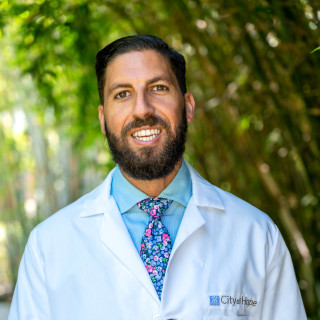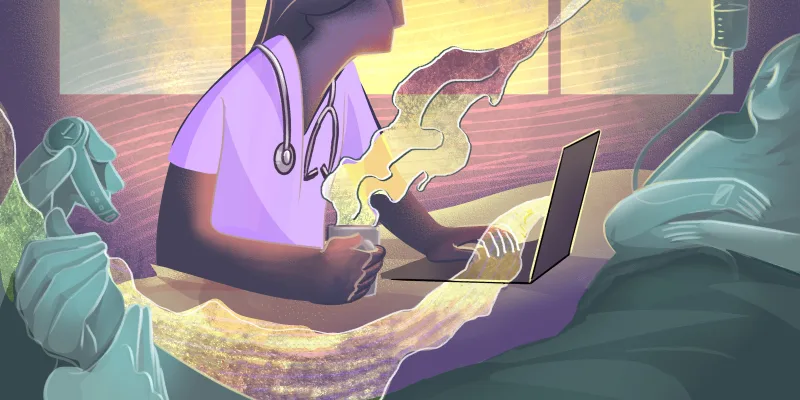
There is no denying how powerful social media has become as a platform, not only in its ability to connect people to one another, but also in spreading information worldwide. Having information is akin to a double-edged sword — it can be incredibly beneficial and unbelievably dangerous. While the correct data can lead to educated decisions, being misinformed can lead to life altering negative consequences.
From the beginning of medical school one of the first “instructional videos” that we had to watch during orientation was about “social media” and what “not to do.” Immediately, there began this stigma surrounding its use. Most of us understood prior to even watching these videos that there are the obvious things that physicians and health care workers should not do: post private information about patients, show a patient’s face without their permission, and exploit medically sensitive information. However, no one tells you what you can do, how using social media could be beneficial, and possibly what you actually should do.
Instagram, for example, is now projected to have over 1.1 billion users, with greater than 50% of these users being between the ages of 18 and 29. People want to be able to visualize something tangible, whether it is a before and after picture, or a post on how something can impact their life. Additionally, allowing users to interact with one another and comment on content, gives each person a sense of taking an active role, increases engagement with one another, and ultimately is an opportunity to reach many.
The power of social media has been evident prior to the recent pandemic, but it has garnered even more attention recently with COVID-19 and all states having stay-at-home orders. Are people using social media more during this time? Are they turning to other outlets for information? Whatever the reason may be, there is no denying that people are discovering novel ways to get their news.
While having more data is always encouraged, it is necessary to fact check the resource and ensure that the information is based on evidence. Many social media platforms have been swarmed with advertisements about particular pharmaceutical drugs that are sponsored, fad diets, and medical imposters who may misinform others from behind a screen without actual credentials. While awareness about the different types of treatment available can be beneficial to anyone, caution should be warranted about how to interpret the information. This is especially true if someone is getting paid to spread this material without having the proper knowledge or expertise.
An unfortunately frequent issue that can occur with social media is that of an imposter. Recently a campaign #VerifyHealthcare was started to allow individuals to make an informed decision in how they interpret what is posted online when related to their health and wellness. Health care professionals joined together to list their qualifications in an effort to allow others to authenticate them as a source of information, not medical advice. Sure, there is the possibility that some of these are still false, but a quick online search of these details with the person’s name should help validate them.
Unfortunately today, there continues to be a low trust in doctors as well. This plummeting confidence is leading patients to turn to other sources of information. Not only that, there are seemingly fewer medical providers who engage on social media to provide legitimate evidence or combat misinformation. Many in the health care community have had several reservations in the past, including not knowing how to use the platforms, concern of repercussions from their employers, or not viewing it as an effective way of communicating.
However, by making themselves more transparent, several health care professionals are now connecting with their audience more effectively. A new team of physicians has recently come together to form the Association for Healthcare Social Media in an effort to promote a platform of verified health information. In addition, they aim to develop guidelines for health care professionals as well as tools to help others properly engage and distribute information. Several of these accounts promote a healthy lifestyle, provide tips on diet and exercise, and encourage overall wellness. It has helped develop a rubric for how health care providers should be using social media.
In the midst of COVID-19, health care professionals have been able to connect with other very qualified practitioners across the country to distribute information, send one another articles through direct messaging, and discuss helpful clinical insights found during this pandemic. In the end, technology and social media have come to play an incredibly meaningful role in health care today. During this time when people are turning to social media more, verified health care professionals should use their voice not only to inform others, but combat misinformation and raise awareness of important issues that will ultimately benefit others.
Joshua Mansour, MD, is a Los Angeles-based hematologist/oncologist who specializes in bone marrow transplantation and cellular immunotherapy.





